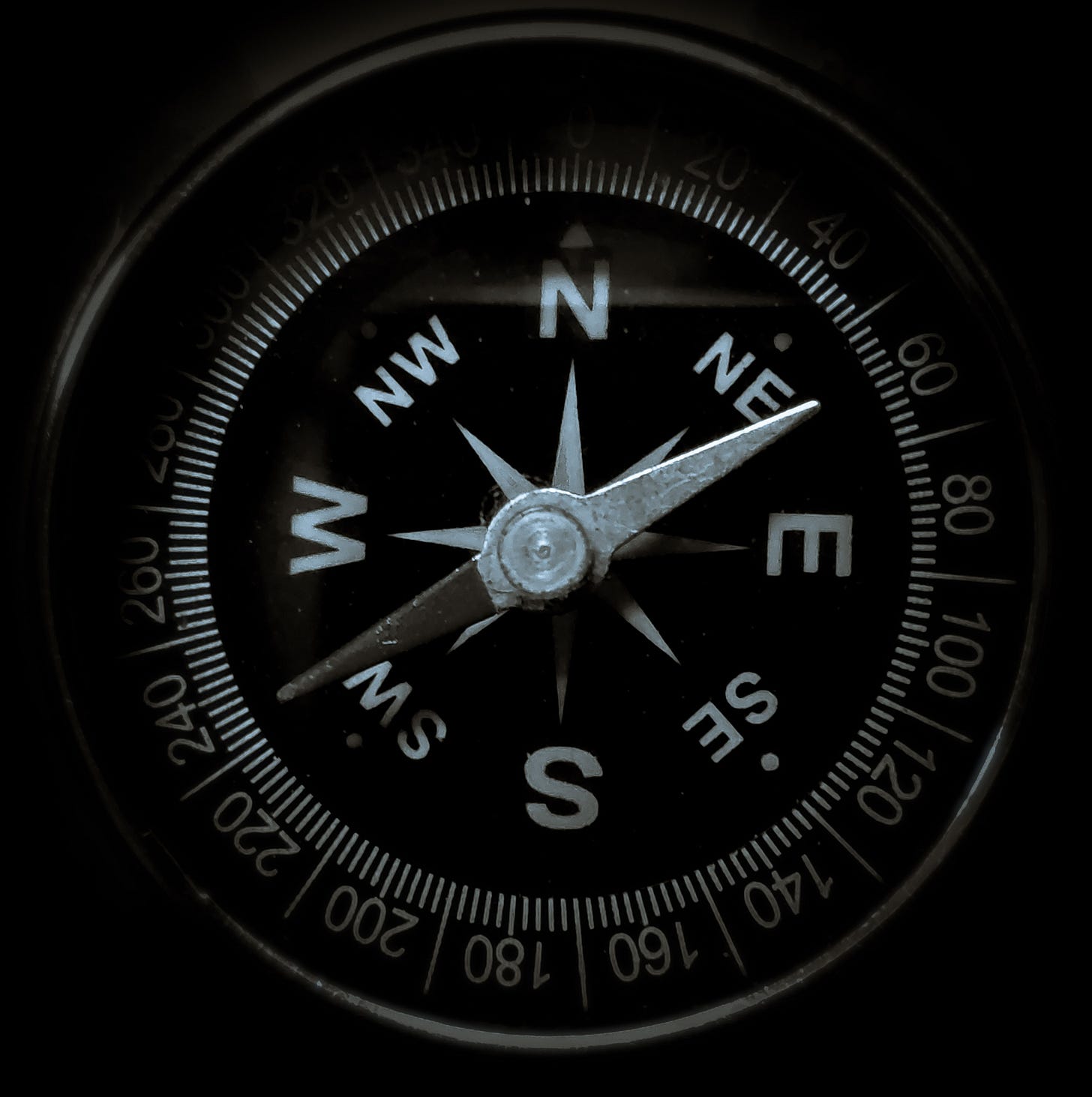What are Polarities?
And how do they affect the way we see the world and the big issues?
We live in a world with really complex issues. So, how do we deal with them?
Firstly, there are two essential tools in our arsenal: Complexity thinking and nuanced, diverse conversations. But there are many different approaches we can take. Polarity thinking is a really helpful tool to guide our thinking.
When facing these wicked problems, it seems like we have to make a choice.
Do we deal with it this way or that way?
Do we take this approach or that approach?
There are many polarizing approaches, and there are different types of polarities that we're getting confused about:
Some polarities are problems that we need to solve.
Some polarities are where we need to manage the tension between the two sides.
This-or-that choices
Problems we need to solve are an either/or choice. How can we tell if they’re problems we need to solve? Well, when we make a choice, it's all settled. We don't have to do anything else. It’s simple, and our decision resolves the problem.
For example, do I want this meal or that meal? That's not something I need to manage. I can independently weigh up the choices and make my decision. I don’t need to understand their relationship because the meals are entirely separate. Choosing a lasagne doesn’t affect the fried chicken. Simple.
Interdependent polarities
Conversely, the other kind of polarities are interdependent polarities. Here, both/and thinking comes into play. One of the mistakes we make is trying to choose between them. These polarities look like opposites, but they give each other meaning. We can't have one without the other. They’re not a simple this-or-that choice like the problems we need to solve.
One of the most simple interdependent polarities is the old way of doing something or the new way. We couldn't have a new way if we didn’t have the old way. Another fundamental polarity is inhale and exhale. We can't understand inhale or exhale without the other, and we definitely can't make a choice.
Why do we struggle with polarities?
When we try to choose between interdependent polarities, this causes polarization or chronic conflict. When you have an interdependent polarity, choosing one side over the other creates a destructive, degenerative situation.
If I try to inhale and decide that exhaling is bad, I'll eventually pass out. We'd get stuck pretty quickly if we tried to do everything the old way. Conversely, if we do everything a new way, forgetting anything we learned from the past, we’d get into trouble.
When people frame these polarities as a choice, we get stuck in constant conflict. We endlessly contradict each other. Whenever someone says, “Hey, let’s do it this way!”, someone else says, “But what about this way?” They’re not this-or-that choices.
Why are interdependent polarities so important?
While interdependent polarities become destructive if we choose between them, they have a really cool feature: If we can get both of them working together, they become generative, beneficial, and awesome things can happen. So, I get to inhale and exhale to stay alive. Yay for interdependent polarities!
By keeping track of the things we’ve learned from the past, what we’re learning now, and constantly changing, we can create new things. That’s a beneficial, generative process.
Another interesting thing about interdependent polarities is that the positive qualities of one polarity solve the negative qualities of the other one. Of course, polarization plays on these positives and negatives. People aren’t willing to admit the shadow side of their perspective, and they certainly won’t acknowledge the positive qualities on the other side.
Once I understood interdependent polarities, I could see them everywhere. It's become a very powerful default way of thinking for me.
Examples of classic interdependent polarities
Centralized or decentralized?
Collaboration or independence?
The whole or the parts?
Self or other?
Us or them?
Old or new?
We can think about different processes with interdependent polarities:
Do we deal with short-term or long-term problems?
Do we prepare and learn, or do we just go and do it?
Other interdependent polarities might be about how we relate to others or the world around us.
So we can either have grievance or gratitude. Either we say we don't like how it happened, or we’re really grateful for how it happened.
When we see someone making a huge mistake in this world, we can act with justice and punish them. We also have the option of acting with mercy and forgiveness.
We can speak with candor and diplomacy to make it easy to hear each other’s needs. Alternatively, we can say things however we want without caring how it lands on other people.
These are the kinds of choices we're making. It's worth understanding that, at any given moment, we may actually need to choose one or the other. The problem is when we're doing one at the exclusion of the other one. That's where things can get wild.
Check out my next essay, showing you a tool for understanding and discussing interdependent polarities.
If you prefer to watch your content, here’s a video on the topic of this essay:
You can find more information about the work I do in conflict transformation on my website: http://www.omni-win.com
You can schedule a call with me here: https://calendly.com/duncanautrey
Don’t forget to check out the rest of my posts as I discuss how we can work together to ensure we all win.
If you’d like to see more of these posts, subscribe to Omni-Win Visions here on Substack:
It would also be great if you could subscribe to my YouTube channel, where you can watch more of my long-form content, authentic discussions, and weekly content:


